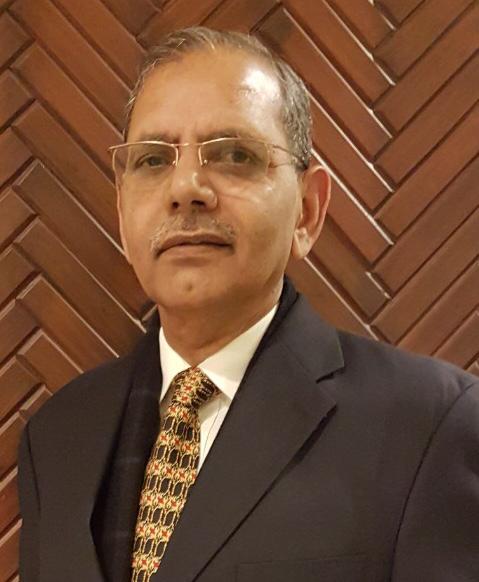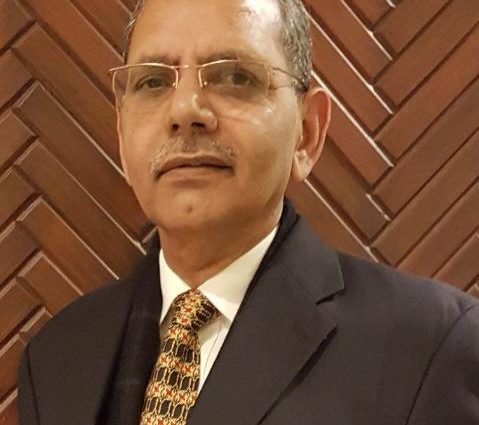Worst Humanitarian Crises in Held Kashmir, Naeem Siddiqi
ISLAMABAD PRESS RELEASE )

Naeem Siddiqi, Chairman Afro Asia Forum said that the occupied Kashmir has completed a full month under the siege of brutal Indian forces where the unrelenting communications blackout and curfew have brought the normal life to a standstill with markets shut and public transport off the roads since August 5.
He said that the Kashmir valley remains cut off from the rest of the world since August 05 due to the continued blockade and suspension of internet, mobile and landline phones and closure of TV channels.
The worst type of humanitarian crisis is looming large on the horizon of the occupied territory as people are facing acute shortage of food, medicines and other commodities. Hospitals have run out of medicine stock, while staff finds it difficult to turn up for duty due to curfew and restrictions imposed after India scrapped Jammu and Kashmir’s special status a month ago.
The IOK businessmen, too, are staring at a grim future as shops and business establishments are yet to resume normal activities for a full month now. Traders say carrying on routine business is impossible in the absence of mobile and Internet services. “In 2016, the uprising lasted for six months. The businesses suffered then too, but not like this time. We would do some business then but the lack of mobile services has completely paralysed the trade now. I had to pay a penalty of Rs 1 lakh as the detention fee at the customs in Delhi as I was unable to collect my consignment from China on time. Due to no mobile and Internet, the information of the arrival of consignment did not reach me,” said Arif Ahmad, a businessmen dealing with housing products.
The clampdown has badly affected the trade between Jammu region and Kashmir Valley with manufacturers and traders unable to recover payments. An estimated financial loss of around Rs 500 crore has been suffered by industries in Jammu as they are not receiving orders nor able to recover payments from the Valley and other districts.
The restrictions have also adversely affected the tourism industry, one of the main sources of livelihood, in the occupied territory. Empty houseboats, vacant hotels and deserted resorts present a gloomy picture of Kashmir’s tourism sector.
Sonamarg – considered as the gateway to Ladakh region – is a picturesque resort in central Kashmir’s Ganderbal district and usually remained crammed with visitors. However, the resort looks deserted with most of the hotels, restaurants and shops closed for business. A manager at a hotel here said the only business they had was of a few local visitors putting up for a night or two. According to official figures, 1.74 lakh tourists visited Kashmir in June, followed by 1.52 lakh, including 3,403 foreigners, in July.
However, officials in the Tourism Department said the department has no record of tourist arrivals in August.
(From Naeem Siddiqi Chairman Afro Asia Forum)

